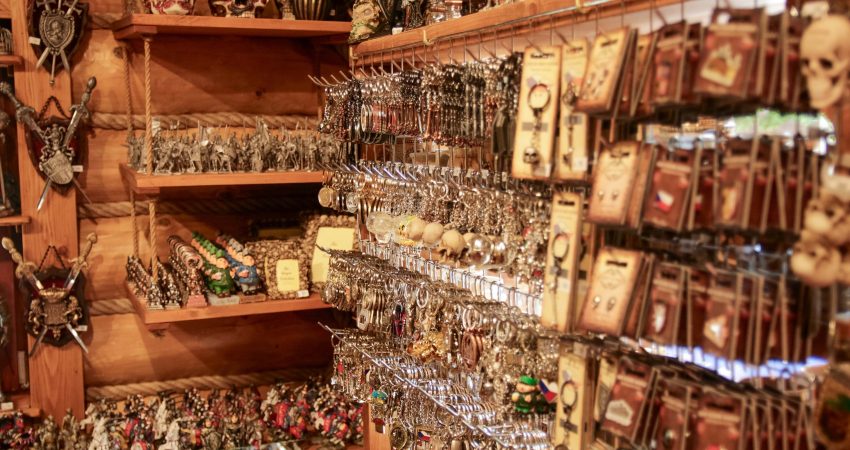Establishing a souvenir shop can be both an enjoyable and profitable business endeavor. But before you open one, there are several factors to take into account: choosing an appropriate name, stocking your store with inventory, and marketing your business effectively.
1. Select Your Location
Selecting the location of your souvenir shop is important for several reasons. It can influence pricing strategies, draw in tourists and boost sales. Furthermore, the position of your business within the market and what products you offer are determined by where it stands.
Establishing a good location as an acclaimed souvenir shop can help you build a reputation for high-quality products and stand out from competitors. It will also make it simpler to identify suppliers who specialize in souvenir products.
2. Determine Your Ideal Customer
Before you can market your shop effectively, it’s essential to identify who your target customers are. This is especially relevant if you’re just starting out as being aware of who to target will help ensure that potential clients find you and increase the size of your customer base.
3. Set Your Prices Appropriately
Maintaining competitive pricing is key to drawing customers to your store. You can do this by setting prices low enough to entice shoppers to buy, yet high enough so that you cover costs and still make a profit.
4. Define What Product Your Customers Want
To get the ball rolling on your business venture, research the most sought-after and profitable items people purchase when visiting your destination. Create a list of these products and price them competitively so you maximize profits and boost sales accordingly.
5. Acquire the Necessary Permits and Licenses
Acquiring necessary permits and licenses for your souvenir shop business is a critical step in opening one. Without them, fines or other legal penalties may occur which could negatively affect your profitability.
6. Record All Your Expenses and Income
Accurate financial records are essential for tracking the progress of your business. Doing this also simplifies tax filing procedures.
7. Secure Insurance
A business owner’s insurance policy is essential for any shop. Not only does it protect you against various liabilities, but it can also give you peace of mind and the assurance that you have enough resources should any unforseen circumstances arise. 7. Establish A Strategic Marketing Plan
A marketing strategy should always include incorporating various tactics to promote your product or service effectively and efficiently.
8. Manage Your Inventory and Supplies
A souvenir shop’s inventory varies based on the items being sold and the overall business model. Ideally, you should maintain an organized record of all merchandise you sell.
Souvenirs are an enjoyable way to capture memories of travel. Travelers often purchase them as impulse purchases, looking for a memento of their trip that they can bring home with them.
Trends in the souvenir industry include artisan-made goods and personalized or custom gifts. Retailers offering these types of items may have an edge over larger, more established rivals due to better pricing and personalized experiences for customers – leading them to gain loyal followers.
